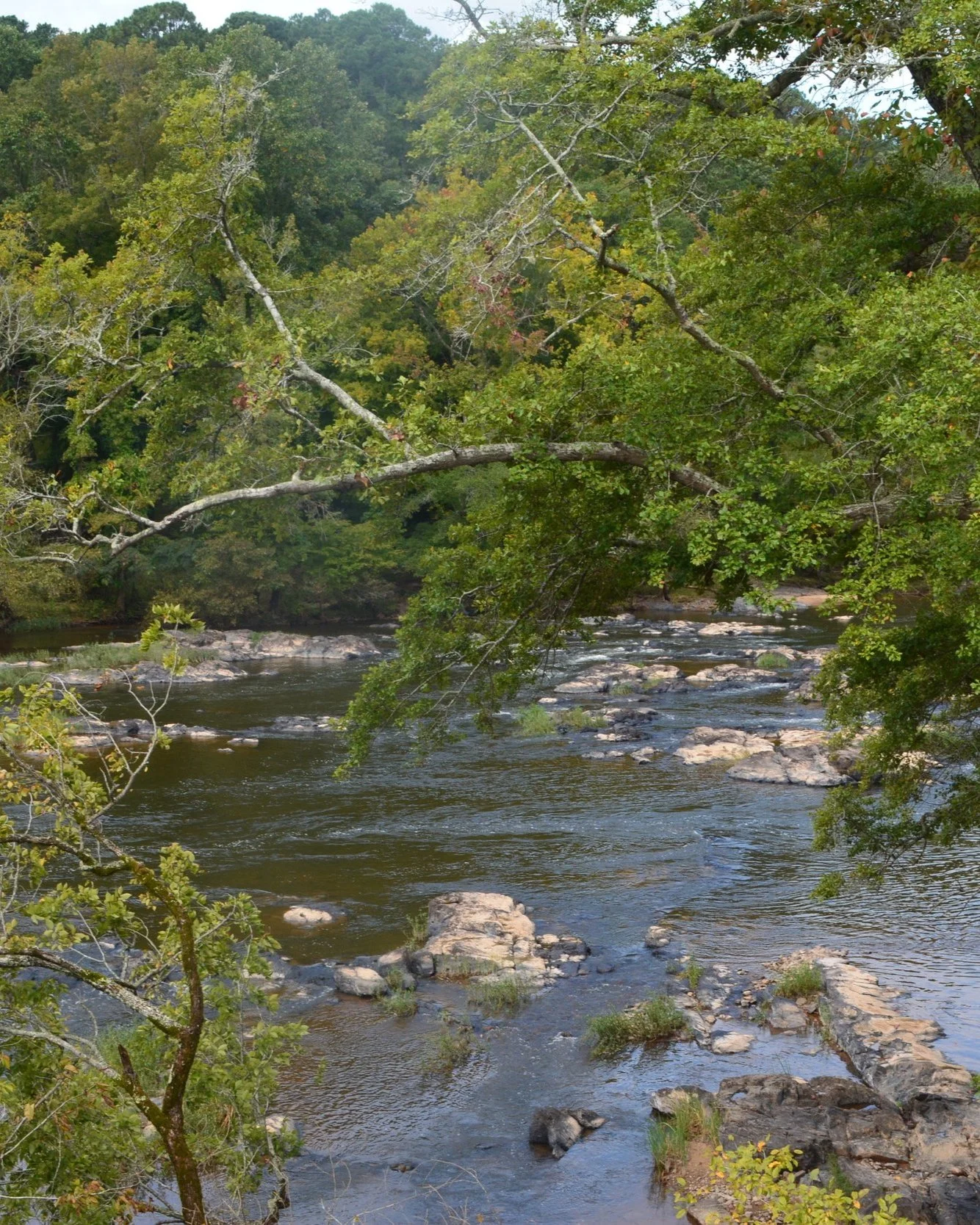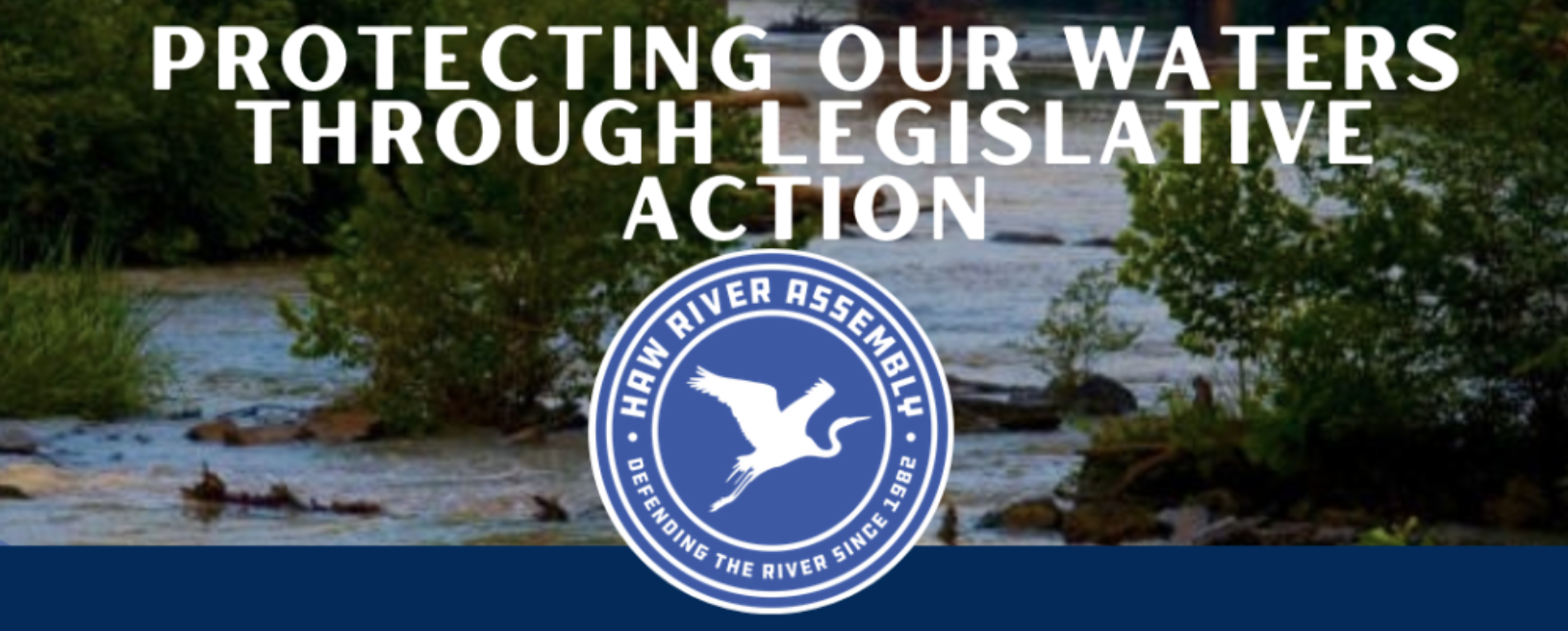HB694: Why This Bill Threatens Our Water Supply
The Current Situation (That Actually Works)
Right now, Sanford and Pittsboro have a smart water-sharing agreement. Sanford (in the Cape Fear watershed) will send drinking water to Pittsboro (in the Haw River watershed), and in return, Pittsboro will send all their wastewater back to Sanford. This keeps water balanced between the two river systems and follows current Interbasin Transfer (IBT) rules that protect our watersheds.
What HB694 Would Break
If HB694 passes and eliminates IBT requirements, Pittsboro could keep taking fresh water from the Haw River but stop sending their wastewater back to Sanford. This means clean water gets permanently sucked out of the Haw River system and never returns.
Why This Matters for Your Drinking Water
Jordan Lake - which supplies water to hundreds of thousands of people in Chatham, Wake, Durham and Orange counties - depends on water flowing down from the Haw River. These counties are growing rapidly and we're already straining our water supplies. Taking more water out permanently would make shortages worse.
The Pollution Problem Gets Worse
Here's the scary math: With lower levels of clean water flowing in the Haw and Jordan Lake, polluting industries create a more concentrated pollution problem.
Wastewater treatment plants are discharging the same amount of effluent every day, regardless of receiving flow. At times of low flow, the Haw has been documented to be as high as 85% wastewater effluent dominated in stretches near Greensboro's wastewater outfall.
Removing more clean water and our rivers become more contaminated.
Future Threats
HB694 could also affect Greensboro's use of Randleman Lake (in the Deep River watershed). Currently, Greensboro needs careful permitting to withdraw from this lake, which is already contaminated with 1,4-dioxane from Seaboard Chemical's legacy pollution. Without IBT requirements, polluted water could be shifted between watersheds without proper environmental review.
The Bottom Line: What you need to know
HB694 would eliminate the environmental safeguards that ensure water moves between river systems responsibly. In a state facing growing water demands and existing pollution problems, we need more protection - not less. We can’t lose more clean water.




